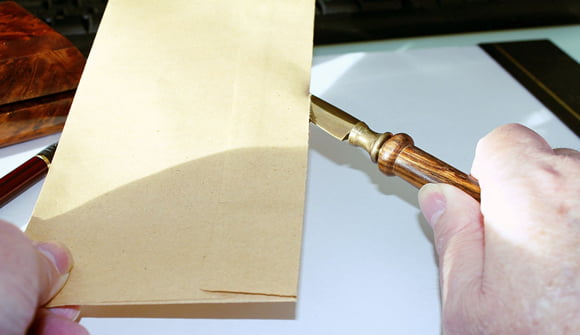Process servers are commonly used to physically deliver court documents for legal proceedings. When you use a process server, you make sure that the document has definitely reached its intended recipient.
Sending forms through the mail, even with recorded delivery, isn’t always effective. As long as someone accepts the delivery, the courier’s done their job. What if the person that the document’s intended for doesn’t ever actually see it?
Here are some forms and documents that you might need process servers for:
N39 Orders
N39 orders must be delivered in person. These documents are requests for a debtor to attend court, so it’s very important that they reach the right person and that delivery is timely.
These orders can also be used to inform a debtor that they’re likely to be imprisoned for ignoring previous requests to attend.
Traveller Proceedings
Travellers using private land may need to be served with documents requesting that they move on or attend a local court hearing. These documents can be delivered by a process server who can hand them over in person, stick them to a caravan door or use a wooden stake on land surrounding the property. Face-to-face serving isn’t always essential, but it is important that these documents reach the right people.
Licensing Notes
If a business premises is to apply for a license to sell alcohol, then a licensing note must be displayed so local residents know what’s going on. These notes must stay in place for at least two full weeks, allowing residents time to see the note and file any objections they might have.
Process servers can be very helpful where licensing notes are concerned. These must stay on display for a full 14 days and be replaced if they’re lost or damaged. A process server can check every day to make sure that the notes are still in place, avoiding any accidental breach of legal responsibility.
Winding Up Petitions
These orders to wind up companies must be served face to face, so it’s very important that a process server is used for this important duty.
Winding up petitions are served at the office of the company in question. They need to be left with the company owned, or an agreed representative. Some companies use a solicitor or accountant as their registered office, so the documents can be served to these addresses and left with a named person.
Do you need a process server?
At EJM Investigations, we take our process serving responsibilities extremely seriously. We know that legal proceedings can rely on the documents we carry, and that problems can arise if they’re not delivered correctly.
Effective process serving is about more than just handing over a document. It’s our job to make sure that the papers reach the intended recipient, even if that person is doing their best to dodge questions and escape responsibility. For more information about professional process serving for your documents, why not call our Preston investigators today? Contact us on 01772 334 700.

